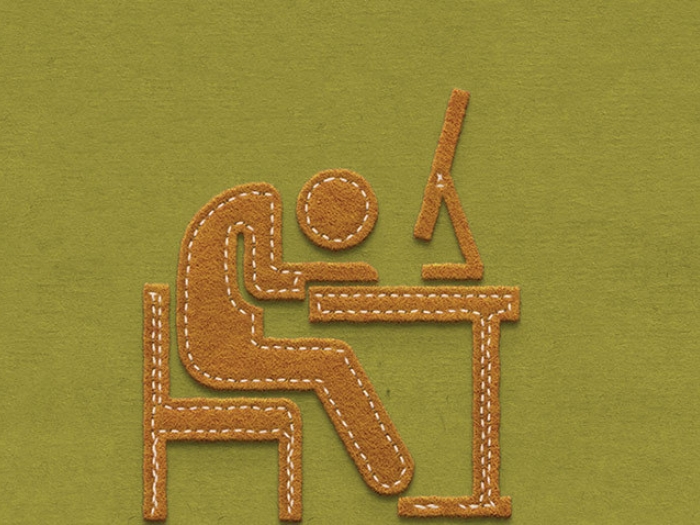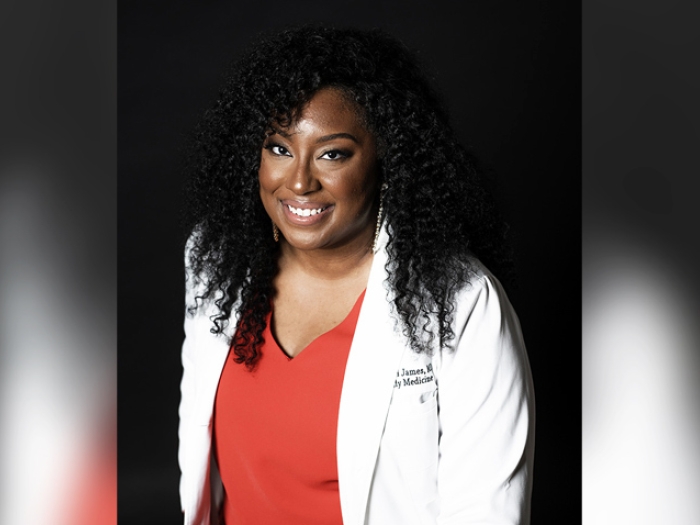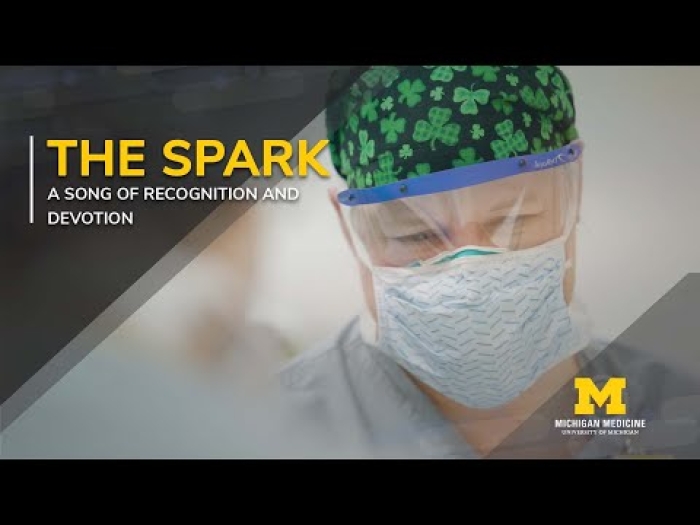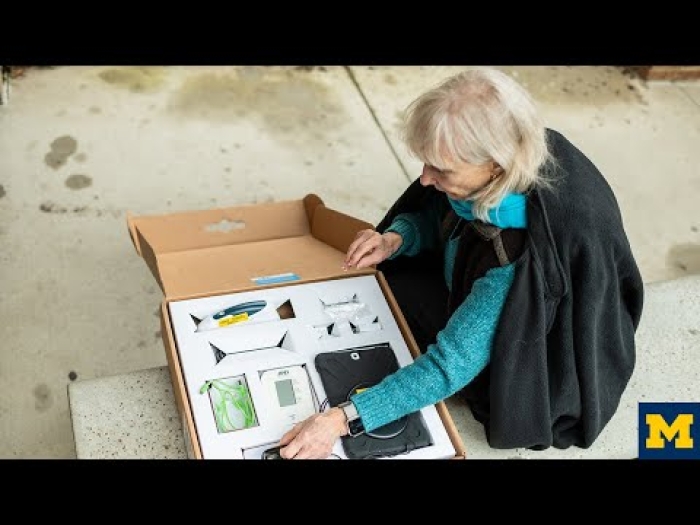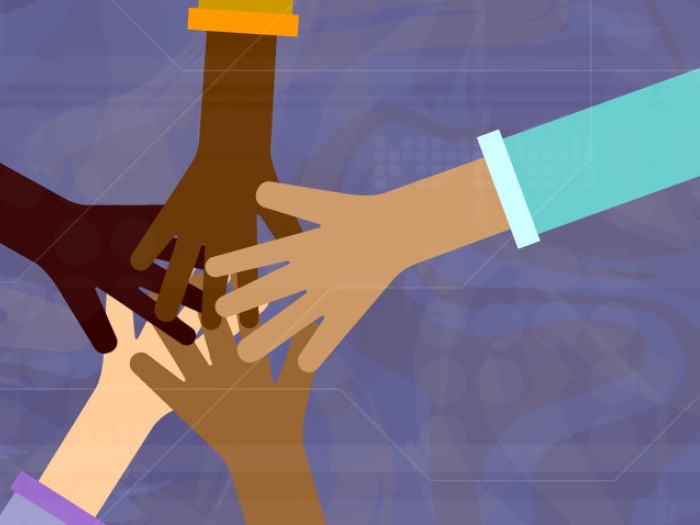One R.N. shares how a trip providing health care in Migori, Kenya, widened her perspective — and which patients she’ll remember forever.
2:00 PM
Author |
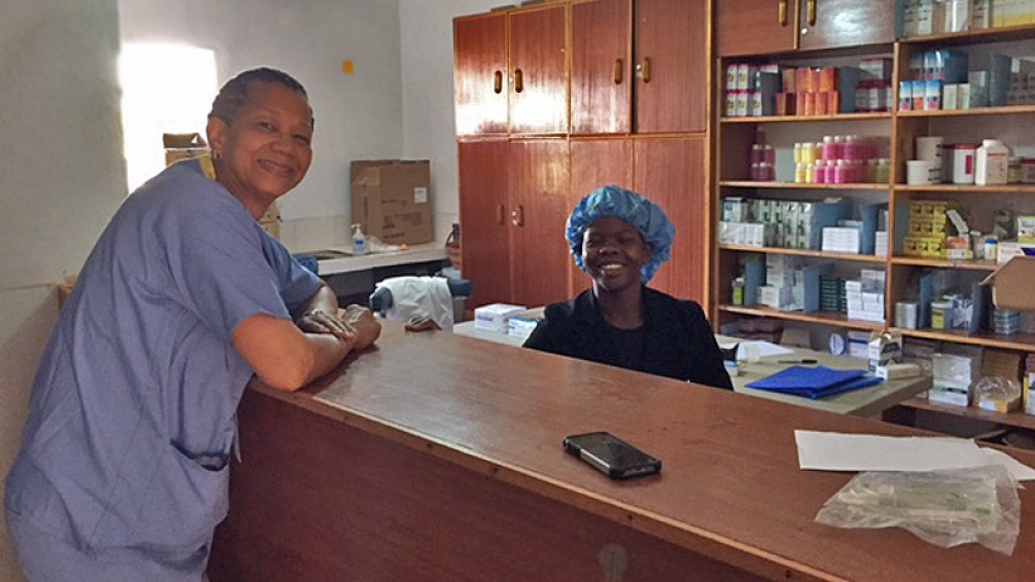
Since returning from a medical mission trip to Kenya in March, Francene Lundy, R.N., looks at American health care through new eyes.
MORE FROM MICHIGAN: Sign up for our weekly newsletter
The clinical professor at the University of Michigan School of Nursing has a much deeper appreciation for things Americans take for granted, such as reliable electricity and clean linens for hospital beds — or for that matter, having beds at all. Some of her patients in Kenya recovered from surgery in sleeper chairs in a hallway.
"In the emergency room, we're bursting at the seams and some patients get frustrated waiting to be seen. But in some parts of Kenya the nearest emergency room is hours away, and the roads are terrible," she says. "Even routine care isn't necessarily available close to home. We had people travel from eight to 10 hours away after they heard we were coming."
Lundy, who is also director of patient care services at Michigan Medicine, was part of a 30-person delegation volunteering with Kenya Relief, a nonprofit organization that organizes about 20 short-term mission trips a year to the impoverished East African nation. Medicine, education, construction and evangelical outreach are all part of the work.
The religious organization runs an orphanage, a school and the Brase Clinic and Vision Center, which is where Lundy volunteered. All are in Migori, in western Kenya.
'Life-changing' care
During Lundy's 10-day trip, the delegation completed 60 surgical cases, working 12-hour shifts starting at 7 a.m. and doing five to six surgeries a day in four operating areas.
Two patients in that whirlwind particularly stand out in Lundy's mind.
One was a little boy, maybe 6 or 7 years old, named Barack Obama. He was conceived during the rape of a woman born with no arms or legs and lived at the orphanage because his mother couldn't care for him. Barack's growth was stunted and he had his own birth defect, a short, malformed leg. He had surgery on the leg once before to allow for use of a prosthesis, but will need additional surgeries as he grows.
"He was just a real light, so exuberant and thankful," Lundy says. "He was such a loving little kid after all he's been through. It was just precious."
SEE ALSO: Cancer Survivor Climbs Mount Kilimanjaro, One Step at a Time
The other patient Lundy will always remember was an elderly woman who came in with an upper respiratory problem. Her breathing was shallow, and she was severely congested.
Lundy gave the woman chest physical therapy, which basically amounts to pounding on the chest and back to shake mucus loose from the lungs. The treatment isn't painful, but it's very time-consuming.
"The whole time, if looks could kill, she looked at me as if I had lost my mind," Lundy recalls, chuckling. "She didn't understand what I was doing or why."
But after the woman coughed up enough mucus to breathe smoothly again, the patient was all smiles and gave Lundy "the biggest hug."
The nurse also says she saw a large number of patients with goiters, which are rare in the United States but common in developing countries. A goiter is an abnormal enlargement of the thyroid gland. Among the causes is an insufficient amount of the chemical element iodine in the diet.
Lundy saw goiters on patients' necks that had grown to obscene sizes. "One of them was 3 pounds," she says. "You have to remember that there, some people have the misguided belief that if you get a huge tumor or goiter, you've done something wrong to deserve it. So removing these growths, it's life-changing."
'Follow your heart'
A colleague had been trying to recruit Lundy to a Kenya Relief mission for years, but she'd always been too busy to act on her desire to help. Then she ran into the colleague at a conference and was stumped when asked, "Francene, when are you going to follow your heart?"
Lundy says she made a commitment to herself to go, and this year flew out with several others with ties to U-M, including orthopaedic surgeon Matthew Abbott, M.D., nurse Dawn Applegate, two retired nurse practitioners and a doctor who did her fellowship at Michigan.
As in the United States, access to quality health care in Kenya is vastly different in urban versus rural areas. Nearly half of Kenyans live at or below the poverty line. Life expectancy in Kenya is age 61 for men and 65 for women, according to the World Health Organization, compared with 76 for American men and 81 for American women.
That's why there is a critical need for volunteer health care providers, and for donations of medical equipment and supplies. One of the doctors on the trip donated a hand-me-down ultrasound because he was upgrading and the clinic didn't have one. Someone else donated Barack's new prosthesis.
All of the Kenyans, from the clinic's permanent medical staff to the patients receiving care, were deeply grateful for the assistance, says Lundy, who plans to return one day for another mission of service.
"It touches your heart," she says. "It was amazing, just amazing."

Explore a variety of healthcare news & stories by visiting the Health Lab home page for more articles.

Department of Communication at Michigan Medicine
Want top health & research news weekly? Sign up for Health Lab’s newsletters today!
